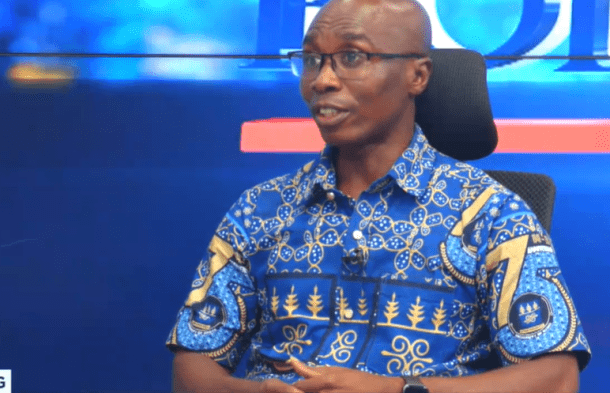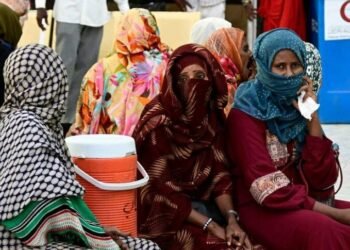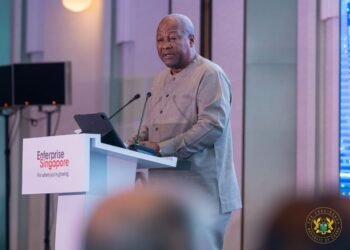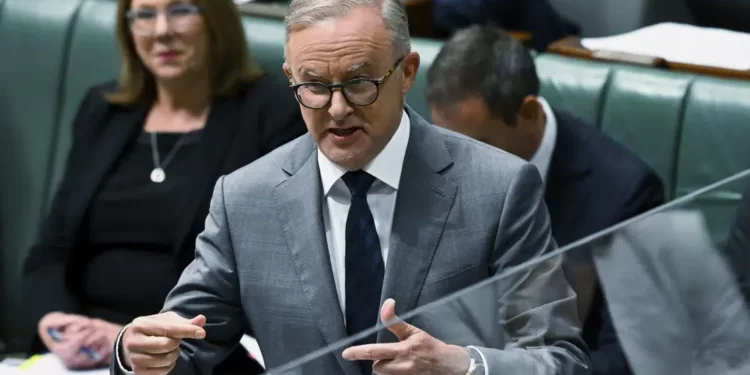Foreign investment remains a critical element in Ghana’s economic development, but economist Prof. Patrick Asuming has cautioned that the country must tread carefully in shaping its policies.
The economist expressed concern that eliminating minimum capital requirements, as some have proposed, could undermine the very safeguards that were designed to protect local businesses and ensure long-term national benefit.
Prof. Asuming aligned with sentiments already raised by the Ghana Union of Traders Association (GUTA) and the Association of Ghana Industries (AGI), emphasizing that the minimum capital thresholds exist for a reason.
According to him, it would be a mistake to remove these requirements without considering their strategic role in Ghana’s economic framework.
“It will really be a travesty if we go ahead to completely scrap the minimum capital requirements that are contained in diversification laws. They were there for a reason. Generally, the countries that benefit the most from FDI are the countries that make strategic choices.”
Prof. Patrick Asuming

His comments follow the proposed amendment of the Ghana Investment Promotion Centre (GIPC) Act by President John Mahama, which sparked intense debate within the country’s policy and business circles.
While addressing the Ninth Tokyo International Conference on African Development in Yokohama, the president revealed plans to abolish the long-standing US$1 million minimum capital requirement for foreign trading companies.
Foreign Investment Must Serve Long-Term Goals
Prof. Patrick Asuming further emphasized that the countries that gain the most from Foreign Direct Investment are those that carefully assess their economies, establish a clear long-term vision, and then pinpoint sectors where foreign involvement will provide the greatest value.
He noted that such participation is usually temporary and guided by a broader national strategy.
By adopting this approach, foreign participation is used as a tool to address gaps, not as a blanket solution.

In his view, this makes foreign engagement purposeful, ensuring that external players fit into an overall development agenda rather than shaping it themselves.
Prof. Asuming further noted that such strategies often involve setting time frames.
He gave the example of a country deciding to encourage foreign players in a particular sector for perhaps a decade, after which local expertise and capital should be built to take over.
The economist was particularly concerned about the idea of allowing unrestricted foreign involvement in trading.
He pointed out that the existing capital requirements for foreign investment in the trading sector are deliberately set higher than in other industries.
This was not by accident, he explained, but because trading presents unique risks to Ghana’s economic stability.
He added that such foreign traders would not come to boost local production but rather to import goods from their own countries and sell them locally.
This, in his view, only worsens Ghana’s dependency on imports and undermines efforts to build domestic production capacity.
A History Of Relaxed Policies
Reflecting on Ghana’s policy evolution, Prof. Asuming highlighted that the country has been gradually easing conditions for foreign investors for decades.
From 1981 through 1985 and again in 1994, reforms were introduced to encourage greater participation by foreign firms.
While these steps had their place in history, he argued that constantly lowering the bar without a strategic plan leaves the economy vulnerable.

“I’m not in any way against foreign participation. I just think that we have to be a little bit more strategic about what we want them to do, what our long-term plan and where these foreign firms fit in.”
Prof. Patrick Asuming
The economist’s caution serves as a timely reminder for policymakers as Ghana weighs adjustments to its investment laws.
Without a strategy that secures national interests, the country risks trading away the protections that were designed to ensure that foreign investment builds, rather than undermines, the domestic economy.
READ ALSO: Asante Gold Completes $500 Million Financing Package to Boost Bibiani & Chirano Mines


















